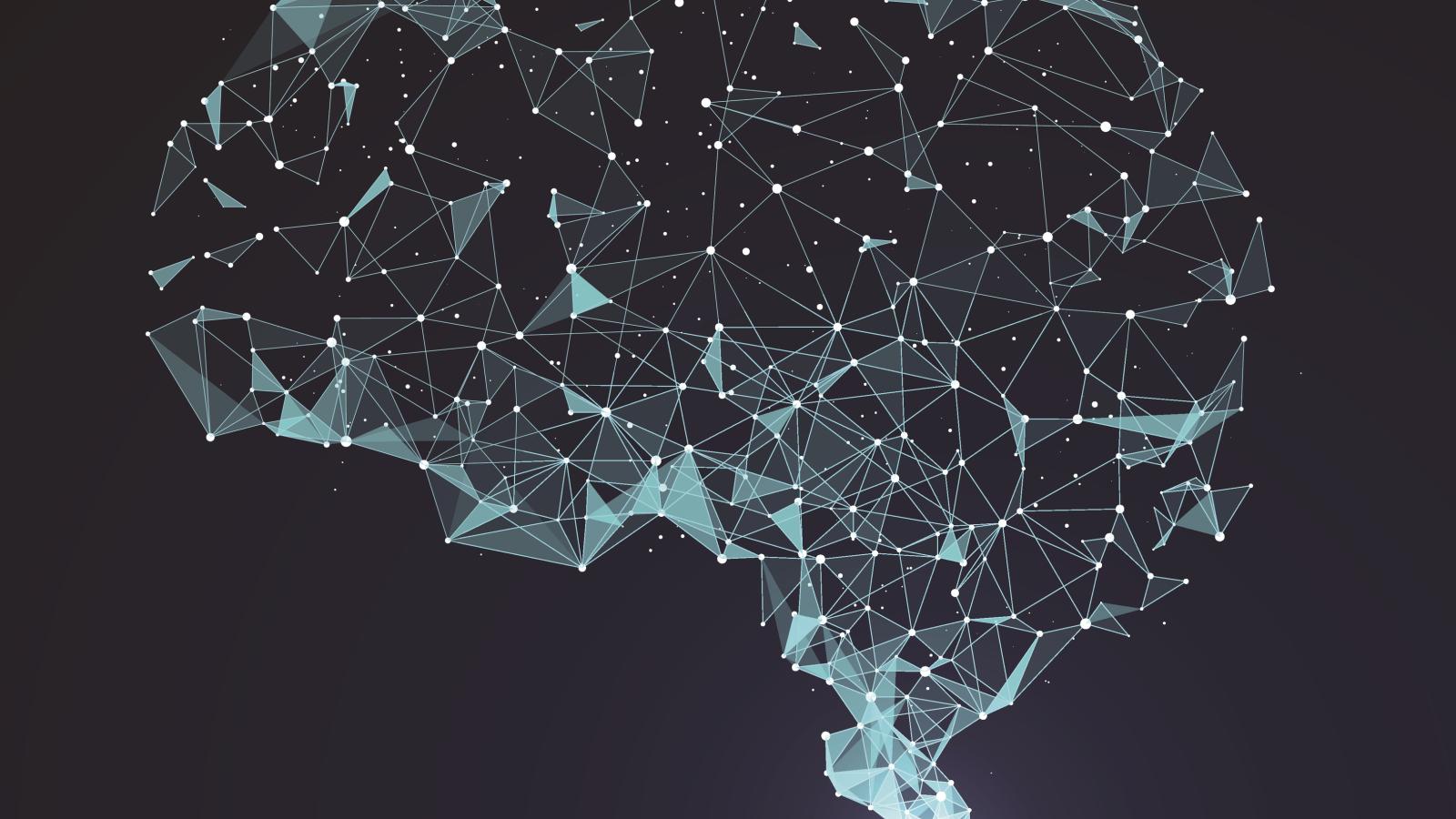Many UK DRI researchers are working to understand amyloid beta pathology. We must always look outside of our institute too and learn from other colleagues in the field. Today we look at a new study from the UCL Prion Group. Whilst the findings provide insight, we urge people not to worry about transmission of amyloid beta until we know more.
Prof Bart De Strooper and Dr Adrian Ivinson, Directors of the UK Dementia Research Institute, UCL, comment on the new study (Nature, DOI: 10.1038/s41586-018-0790-y).
What do we know and what’s new?
“The new work by our colleague Professor John Collinge and others is very interesting and adds to the ongoing discussion of similarities between the pathogenic mechanisms in prion diseases and other neurodegenerative disorders, in particular Alzheimer’s (AD) and Parkinson’s disease (PD). AD and PD are characterised by abnormally folded proteins that spread through the brain and cause dementia.
“The new publication shows that some growth hormone extracts prepared from human brain and used in the past to treat children with growth deficiency contained abnormal folded proteins related to AD, called ‘amyloid seeds’. The work shows that injecting human growth hormone extracts containing such seeds into mice that were genetically modified to develop AD symptoms, accelerates and aggravates their amyloid pathology. The results are reminiscent of studies showing that injection of prions induces prion-like pathology in mice."
Are there implications for public health?
“It is important to recognise that the experimental design described in the new work very much favours the chance that such amyloid transmission will be observed. Extracts from pooled brains were directly injected in the brains of mice that were genetically modified to develop amyloid plaques. The fact that no seeding was observed after injecting the same material into wild type (normal) mice means we should be very cautious about extrapolating the conclusions to real life conditions. Transmissibility of amyloid is clearly very low, and will therefore occur only under exceptional conditions in human beings. The treatment of patients with human brain extracts is obviously one such exceptional condition and was ended more than 30 years ago precisely to avoid this problem.
“Other theoretical possibilities for human to human contamination include brain surgery and blood transfusion. It is possible that neurosurgical instruments could be contaminated with amyloid seeds – though there is no evidence of this from this study – and it is of course appropriate to continue to be vigilant in order to avoid cross contamination. However there is absolutely no reason to postpone or decline brain surgery based on the current evidence.
“The second route of possible transmission is via blood transfusion. This has been a concern in the field for some time, and several studies using mice that were similarly genetically ‘primed’ to develop AD-like symptoms have shown that this route of transmission is theoretically possible. This prompted a large retrospective study in Sweden and Denmark to assess the risk of blood-based transmission AD and PD. That study, published in 2016, examined health records of almost 1.5 million people involved in blood transfusion and found no evidence for increased rates of AD or PD in patients that received blood from donors who went on to develop those diseases. Those results provided real-world evidence that any such risk is extremely small. Nevertheless, it is worth monitoring these risks.”
